Why I regret gentle parenting my son - and the reason might surprise you
Gentle parenting was my choice but as he's got older I've learned to regret it...
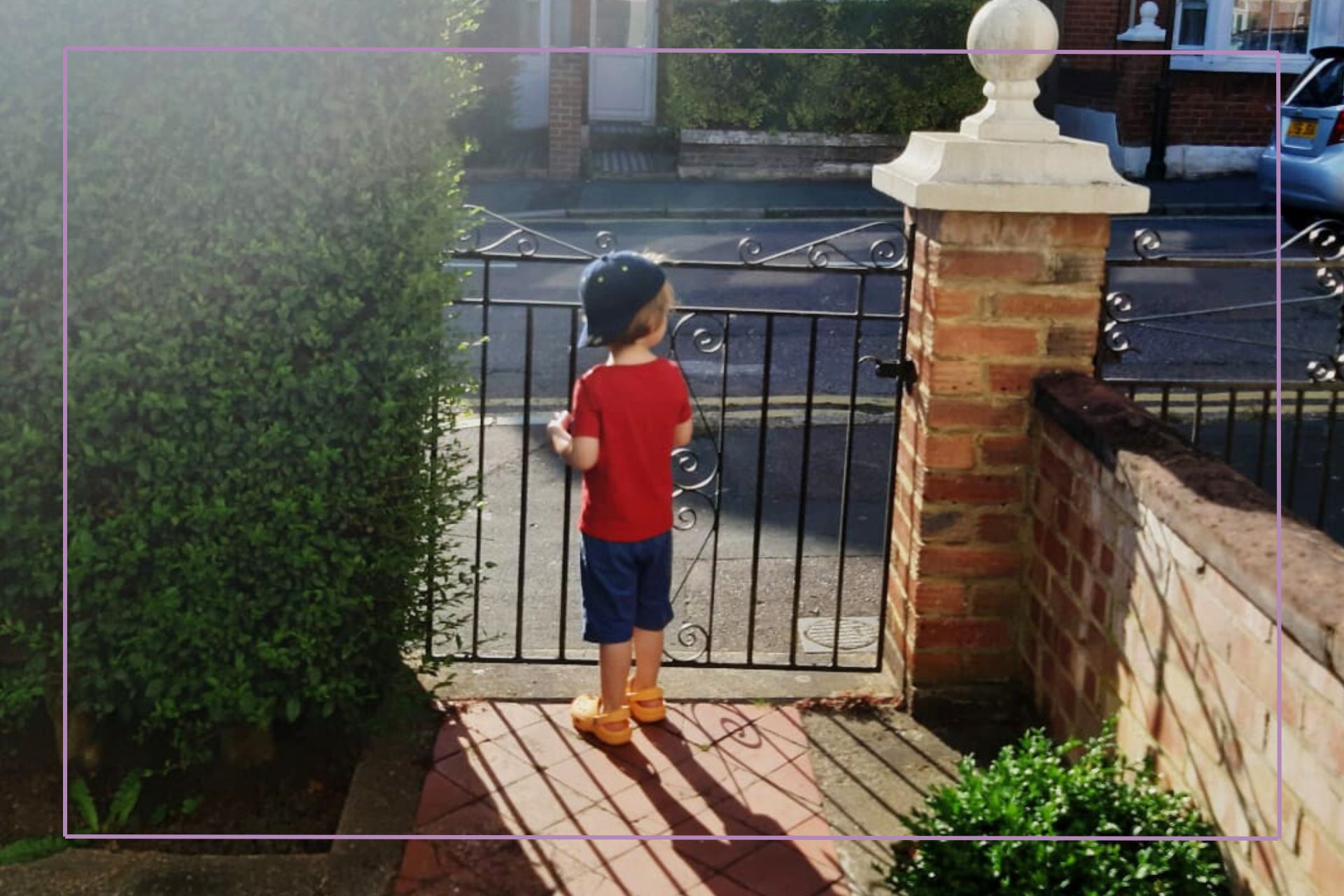
Parenting has evolved so much over the years, with styles falling in and out of trends, but the most recent one is Gentle Parenting. I chose this style, and I think I might be regretting it…
There are so many things I never knew before I became a mother five years ago. Luckily, I am of the ‘Google Parent’ generation so I did what we do best, I researched what was happening to me. Turns out it was matrescence along with explaining the mental load to my husband, feeling all the mum guilt and figuring out how I wanted to raise my child.
Because when he reached toddlerhood I realised I needed a strategy if we were both to come out of this unscathed. A strategy that I could understand, follow and that combined healthy boundaries, natural consequences, and respect for others. Surprisingly, I didn’t have to look far before I came across the term ‘gentle parenting’...
Gentle parenting - what is it?
Gentle parenting is a form of positive or responsive parenting. It tends to emphasise understanding a child’s behaviour through empathy and respect. Parents tend to offer choices versus commands, and to respond in a way that considers a child’s needs and developmental levels. The phrase 'gentle parenting' was first coined by parenting author Sarah Ockwell-Smith in the 2010s and has gained massive traction in the last two decades.
The main goals of any parent who implements this style is to raise children who can regulate and understand their emotions, have respect and have empathy for themselves and others, and healthy and collaborative relationships within their age of development.
"Quiet compliance... has led to generation upon generation of emotionally stunted people pleasers."
Gentle parenting has gained popularity across social media platforms. #gentleparenting has garnered 2.8 billion views on TikTok and 877k posts on Instagram, as 'parenting experts' and everyday parents offer tips, tricks, and examples of how gentle parenting can work in real life.
And it's not hard to see why it's a popular method, it instils respect and gives children space and time to feel all of their feelings and learn to regulate them. I know grown adults - myself included - who still can't regulate their feelings.
GoodtoKnow Newsletter
Parenting advice, hot topics, best buys and family finance tips delivered straight to your inbox.
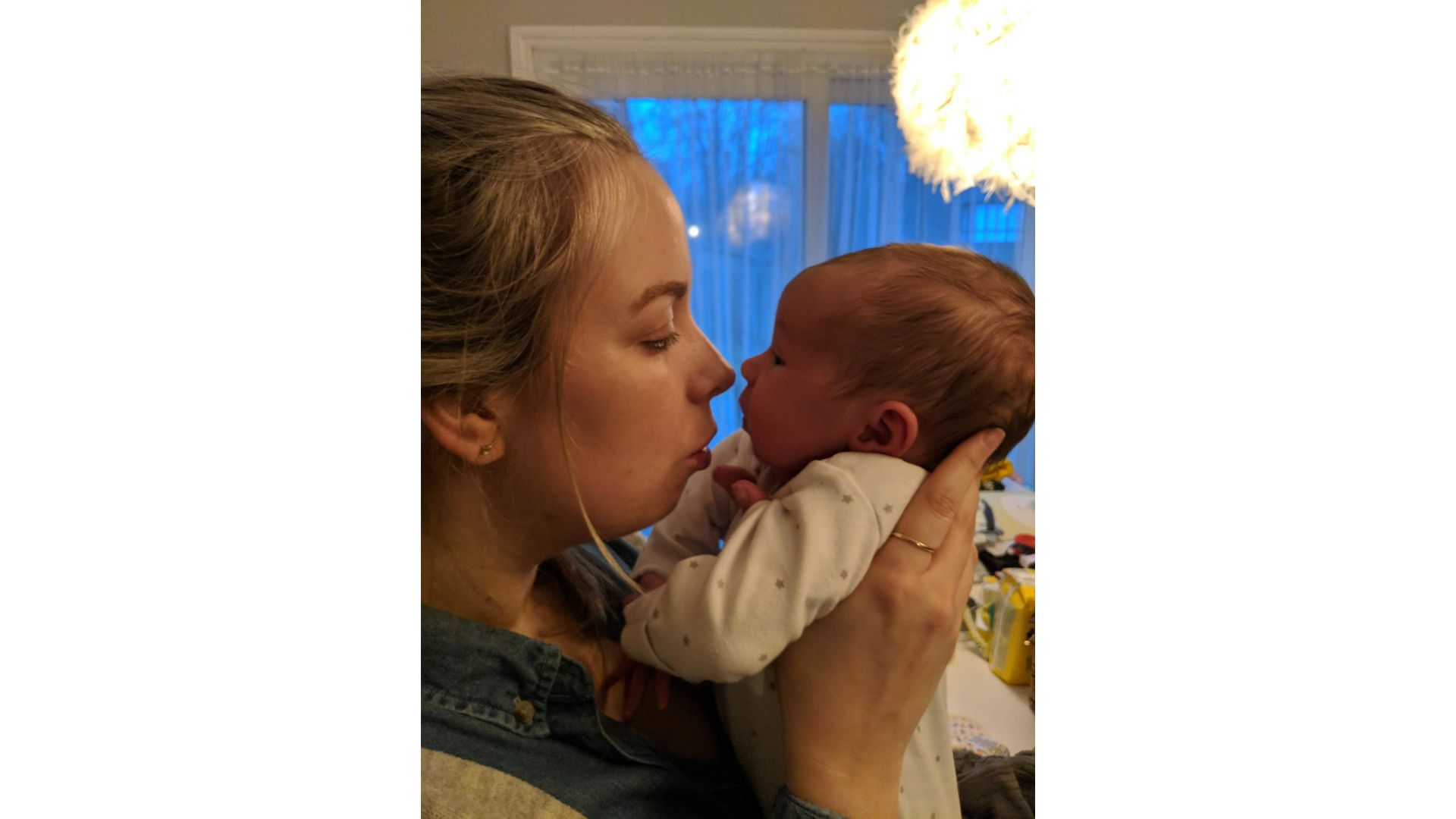
I had a tantrum the other night because my Chinese food order came without my sweet and sour sauce, and because I was tired and hungry, and now disappointed, I had a full-on meltdown - ugly crying the lot. But nowadays, we expect more from our kids, we expect them to pull themselves together when they've been in the world less than five years, and they're still figuring it all out - like we adults still are.
I have considered myself a gentle parent throughout my five years of parenting, and I've noticed that so many confuse gentle parenting with being a walkover, being weak and - as one family member put it recently - 'letting your kid get away with anything'. In theory, I have loved being a gentle parent, it's never been easy as it's not about compliance and barking orders at your little one, it's about setting boundaries and establishing the expectation of natural consequences all while allowing your tiny human to express their emotions - all of them - in a safe way, and I'm all for that. It doesn't sound like I regret gentle parenting does it?
Why I regret ever doing gentle parenting
I regret gentle parenting my child because society, and mainstream schools don't understand or support it, and I fear I'm setting him up for failure because of it. I believe that our society and schools want quiet compliance from our children. Which has led to generation upon generation of emotionally stunted people pleasers.
Writer's note
Disclaimer - This is not about teacher bashing. This is my opinion that society and the education sector as a whole don't sign up to the theory that children should be treated with equal respect.
As his mum, I will always be my son's advocate and his voice, I will battle for him and stand ground for him. And as he grows teach him to do this for himself when I'm not there. But as school starts so young in the UK (aged 4) he is too young to understand. Through gentle parenting I have taught my son;
- His voice is important - and deserves to be heard
- Body autonomy - only he knows if his stomach is full
- Full consent - he never has to hug or kiss if he doesn't want to
- Trust his feelings - if something doesn't feel right he can stay by me until it does
- Have his feelings - if you're sad/mad or angry show it safely
None of these five points stand up in school, in fact mainstream schools are so overpopulated (hello 30 children to a class), understaffed and underfunded they just need a child to blindly comply and to do it quietly.
An example of how my parenting style isn't in line with society or schools is when we go to a birthday party and my son knows most of the children, he might still hang back and not want to get stuck in straight away.
When I was a child I'd be told 'You're fine, they're your friends, GO.' Or 'You're being silly now. Go please.' In these instances I have always followed guidance from Dr Becky who shares the script to say to your unsure child; 'Something about this doesn't feel right, I can see that. You know when you're ready, you can stay near me until you are.'
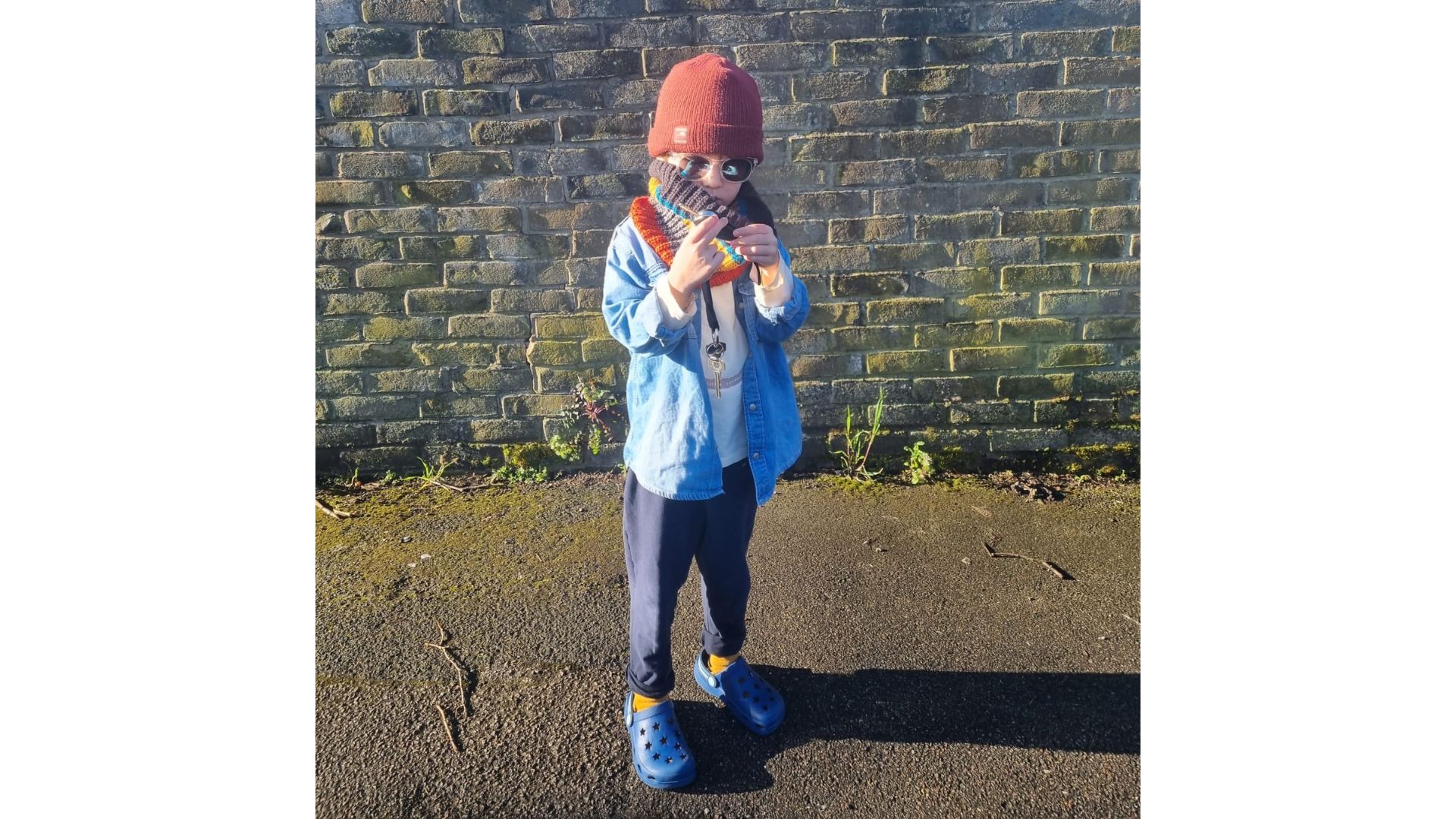
The clinical psychologist and mum of three says that, as parents, we want to tap into this unsure feeling and let the kid feel it, and trust it. And not have the grown-up in their life dismiss or overrule it with statements like 'you're fine off you go'. Because when that kid gets to 17 years old and they have an unsure feeling about something, you're going to want them to trust that feeling and leave the situation.
However, while I agree with Dr Becky and gentle parenting, there is no support for this approach at 8.30am on the school playground, when your child doesn't want you to leave. How do you explain that it's school now so all usual parenting rules that they know and recognise, that allow you time to process, need not apply? I've been there and it's traumatic for all involved. It's because of this that I regret ever gentle parenting my child.
But, while I might regret it and have this fight until he leaves school, you better believe I am still going to do it because it is - in my opinion - the best way to raise a thoughtful, kind and strong human being. #gentleparentforlife
To read more on parenting, take a look at our other articles on your child not settling at primary school or how to help a sensitive child go back to school. Plus, we've got expert tips to help you help your kid build happy school friendships.
Stephanie has been a journalist since 2008, she is a true dynamo in the world of women's lifestyle and family content. From child development and psychology to delicious recipes, interior inspiration, and fun-packed kids' activities, she covers it all with flair. Whether it's the emotional journey of matrescence, the mental juggling act of being the default parent, or breaking the cycle of parenting patterns, Stephanie knows it inside out backed by her studies in child psychology. Stephanie lives in Kent with her husband and son, Ted. Just keeping on top of school emails/fundraisers/non-uniform days/packed lunches is her second full-time job.
-
 The 'incredibly helpful' 30-second rule – liked by nearly 2 million people – that your kid needs to know about
The 'incredibly helpful' 30-second rule – liked by nearly 2 million people – that your kid needs to know aboutThis useful piece of advice is worth remembering for all of us, not just our children
By Adam England Published
-
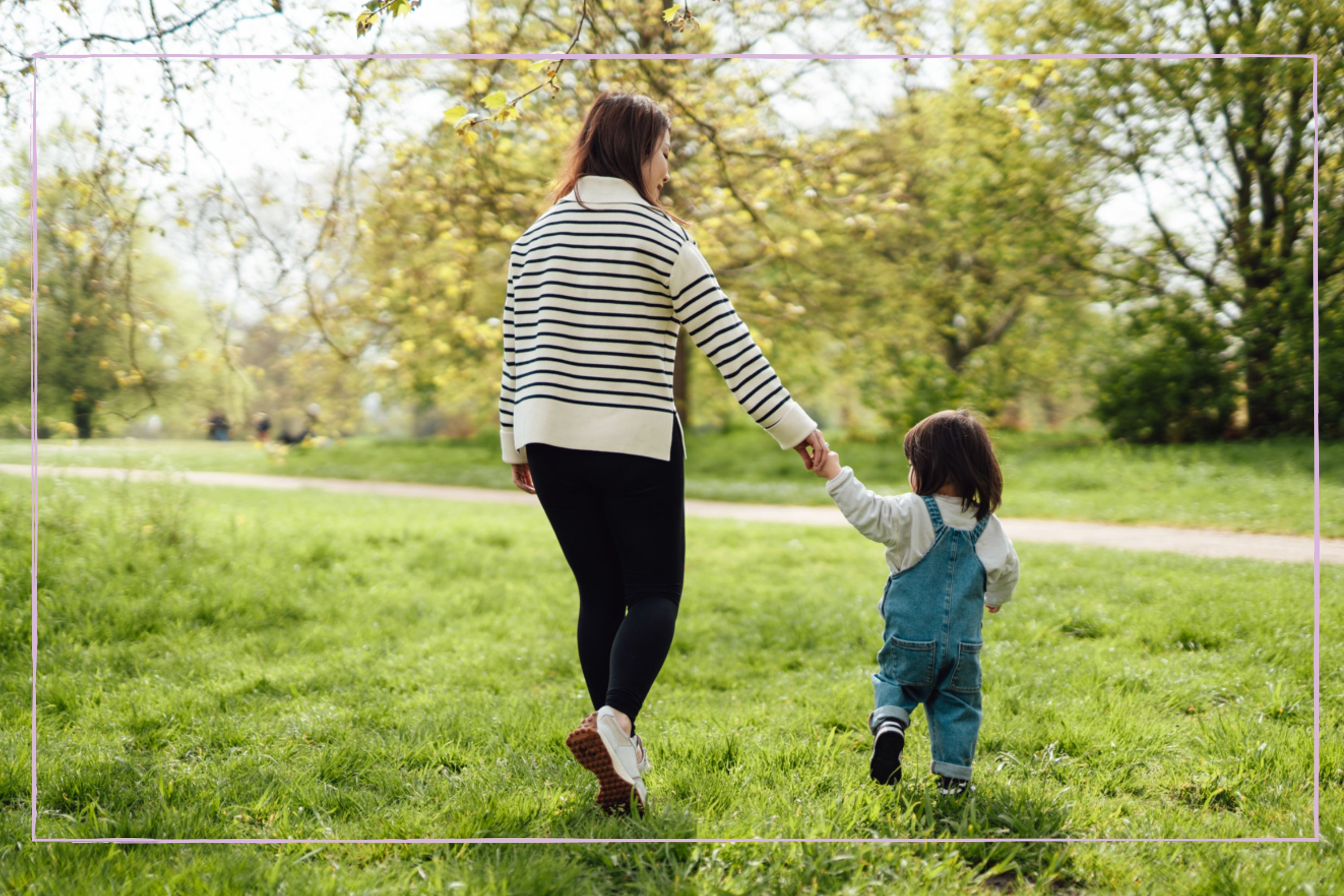 What is ‘sturdy parenting’? Child psychologist Dr Becky explains the benefits of this technique
What is ‘sturdy parenting’? Child psychologist Dr Becky explains the benefits of this techniqueIf you're at a loss when it comes to disciplining your kids, sturdy parenting might help - and it's approved by child psychologist Dr Becky.
By Ellie Hutchings Published
-
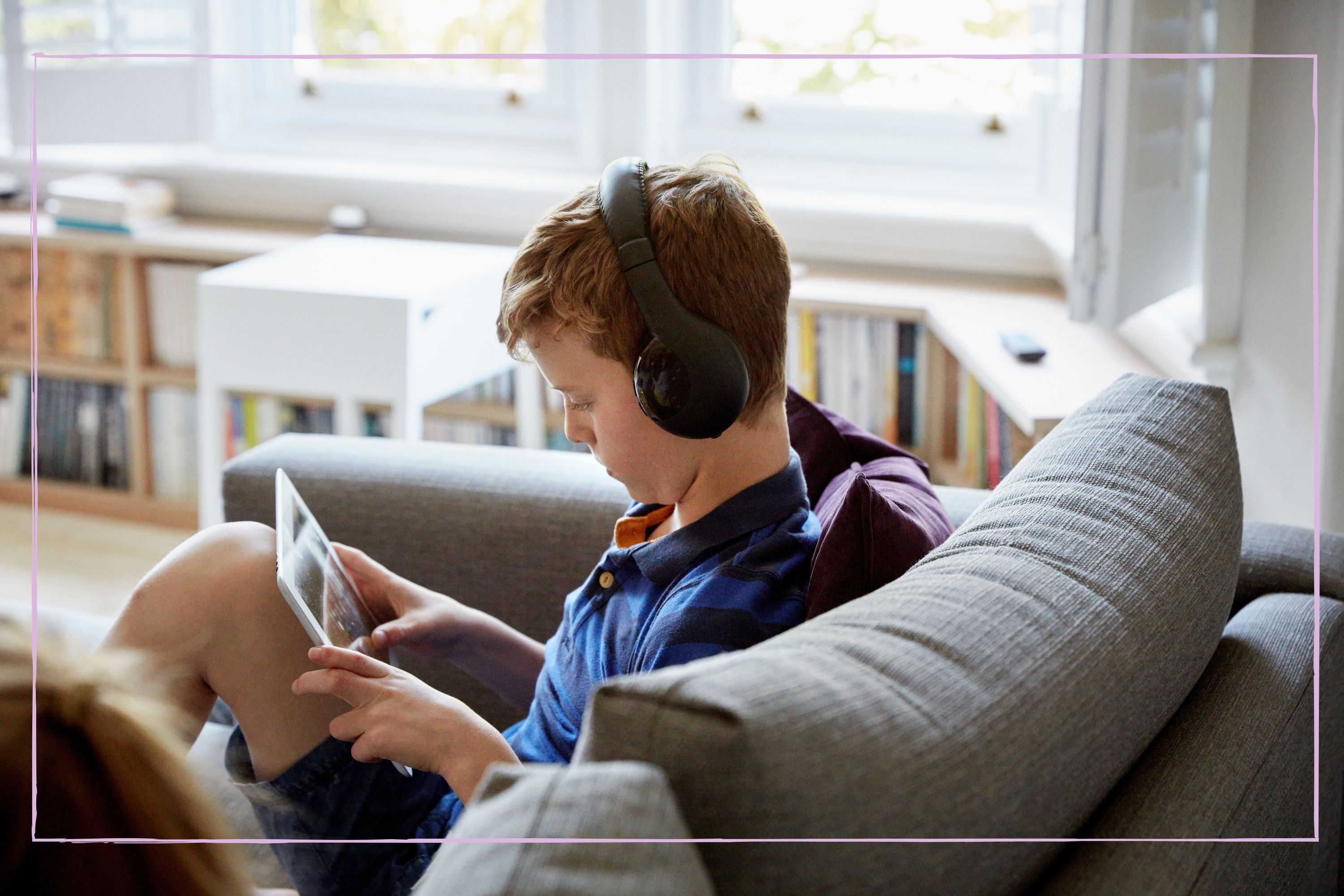 3 tips to set screen time boundaries from parenting experts Dr Becky Kennedy and Professor Emily Oster - and #1 is an important reminder
3 tips to set screen time boundaries from parenting experts Dr Becky Kennedy and Professor Emily Oster - and #1 is an important reminderStruggling to set screen time boundaries with your kids? Parenting experts Dr Becky Kennedy and Professor Emily Oster have shared three top tips.
By Ellie Hutchings Published
-
 Could 'lazy parenting' be the next big thing? 2 psychologists share why it can be beneficial for development, but not everyone agrees
Could 'lazy parenting' be the next big thing? 2 psychologists share why it can be beneficial for development, but not everyone agrees'We need more lazy parents' and here's why, according to two child psychologists
By Ellie Hutchings Published
-
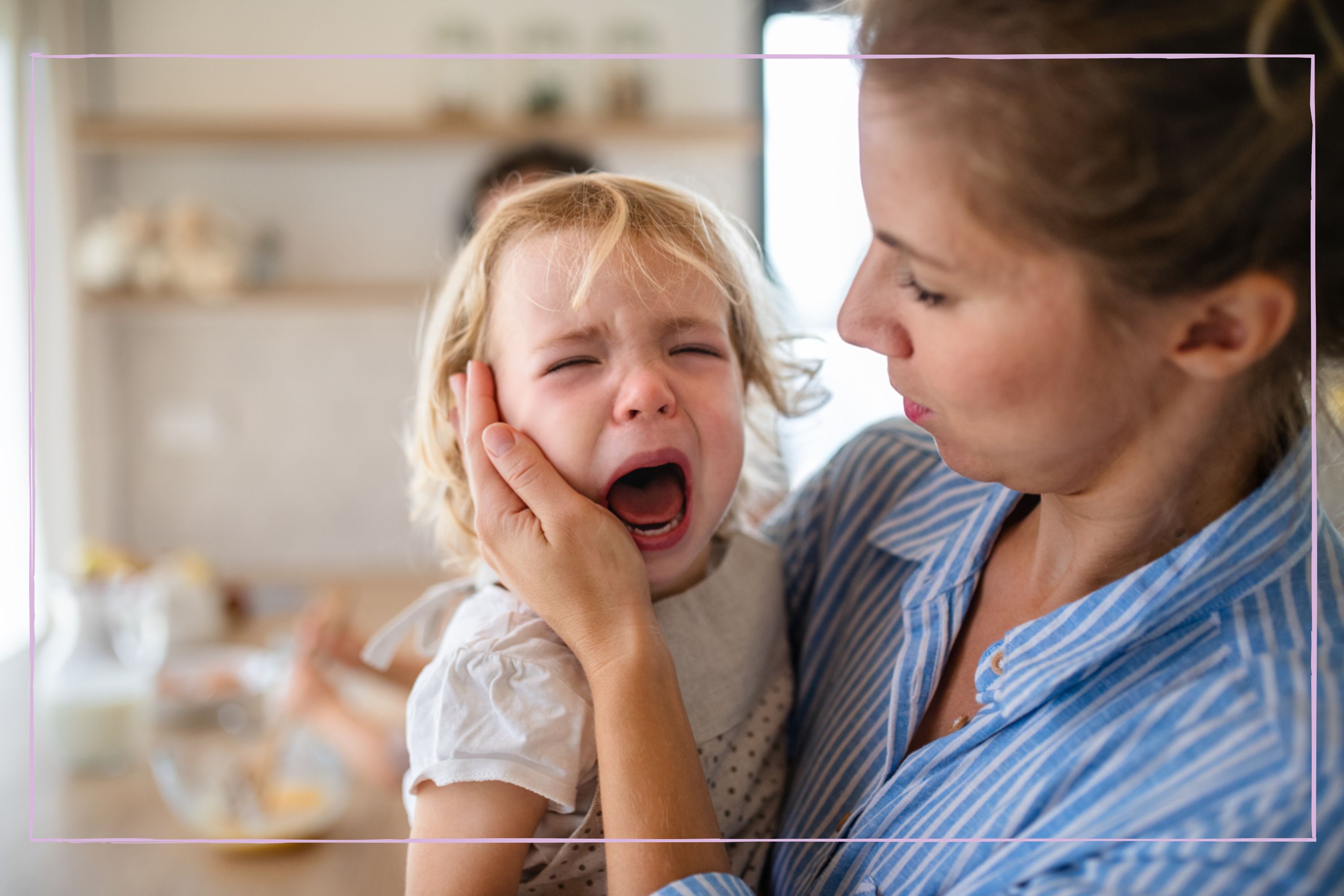 Parents, do you know what H.E.L.P. stands for? Psychologists swear by this acronym to navigate those tough parenting moments we all face
Parents, do you know what H.E.L.P. stands for? Psychologists swear by this acronym to navigate those tough parenting moments we all faceRemember: Halt, Empathy, Limits, Proximity...
By Ellie Hutchings Published
-
 Sticker charts 'don't work in the long run' says psychotherapist - try these 8 tips to teach kids intrinsic motivation instead
Sticker charts 'don't work in the long run' says psychotherapist - try these 8 tips to teach kids intrinsic motivation insteadOne expert has explained eight things you can do as a parent to help your child develop intrinsic motivation - and it means abandoning the sticker chart.
By Ellie Hutchings Published
-
 Reflective parenting could help your teenager manage their big emotions, new research shows - here are 5 steps to try
Reflective parenting could help your teenager manage their big emotions, new research shows - here are 5 steps to tryThe teenage years are tough for everyone involved. But research has suggested that an approach known as 'reflective parenting' can be the key to reconnecting.
By Ellie Hutchings Published
-
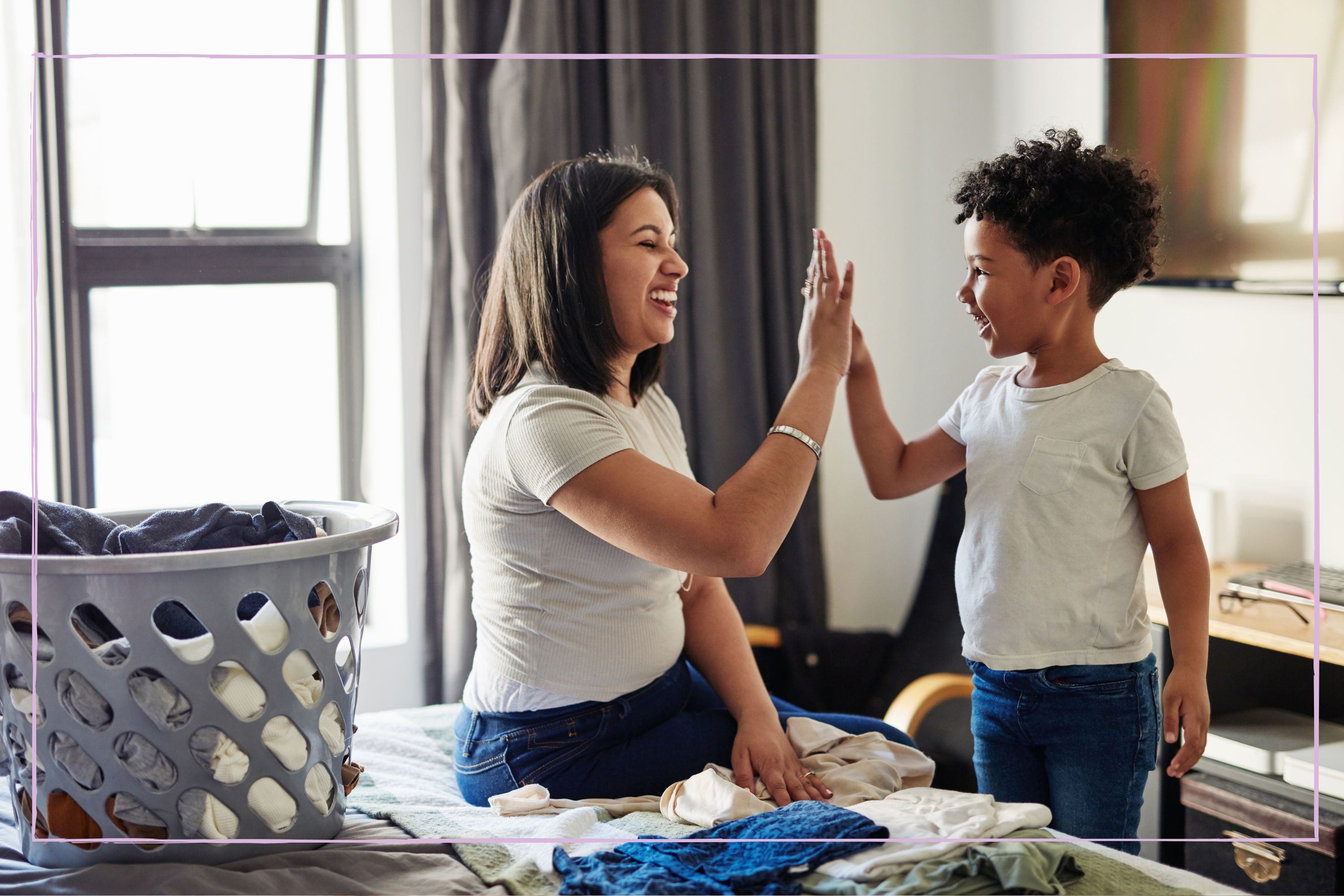 These 5 'game changing' phrases can teach your children about the mental load, according to a psychologist - and it could set them in good stead for adulthood
These 5 'game changing' phrases can teach your children about the mental load, according to a psychologist - and it could set them in good stead for adulthood"Change at home can change society"
By Ellie Hutchings Published